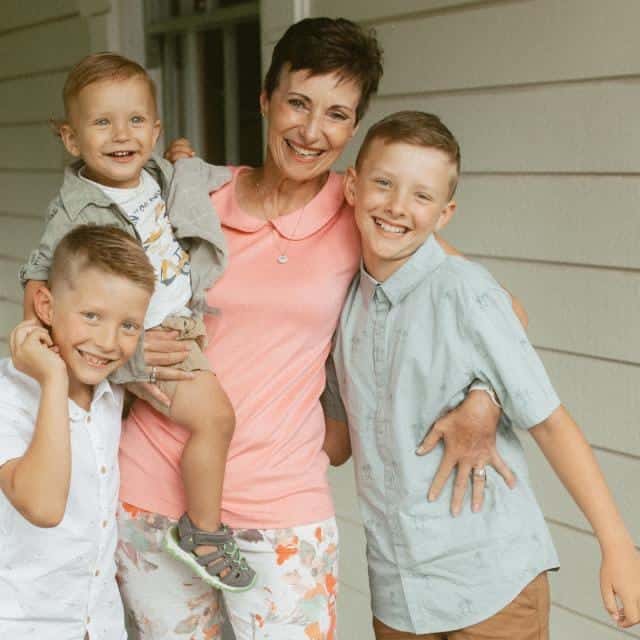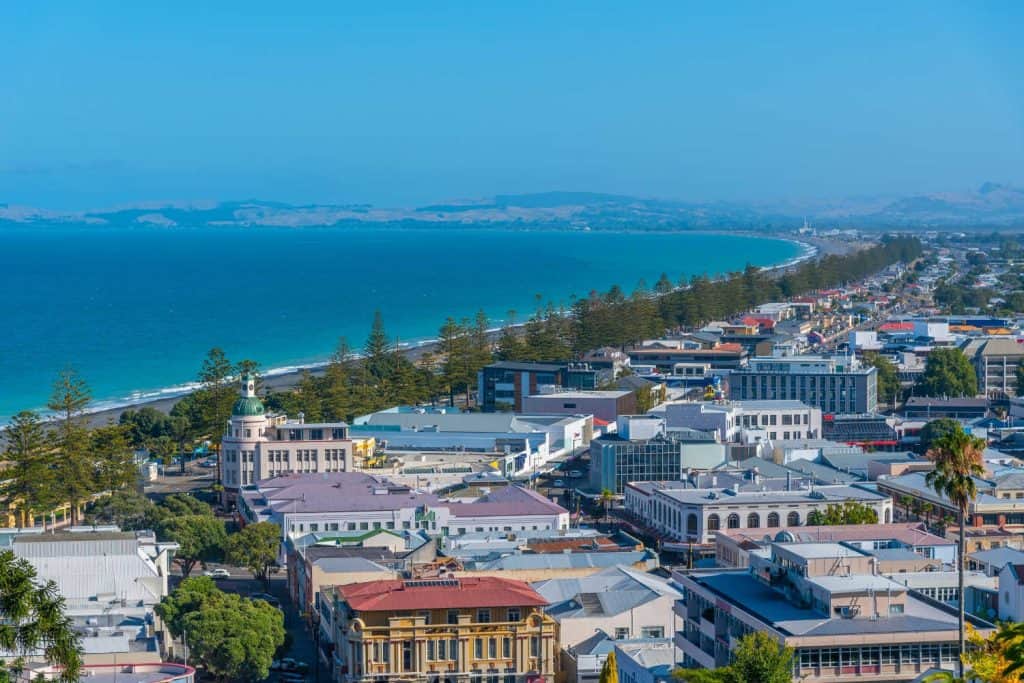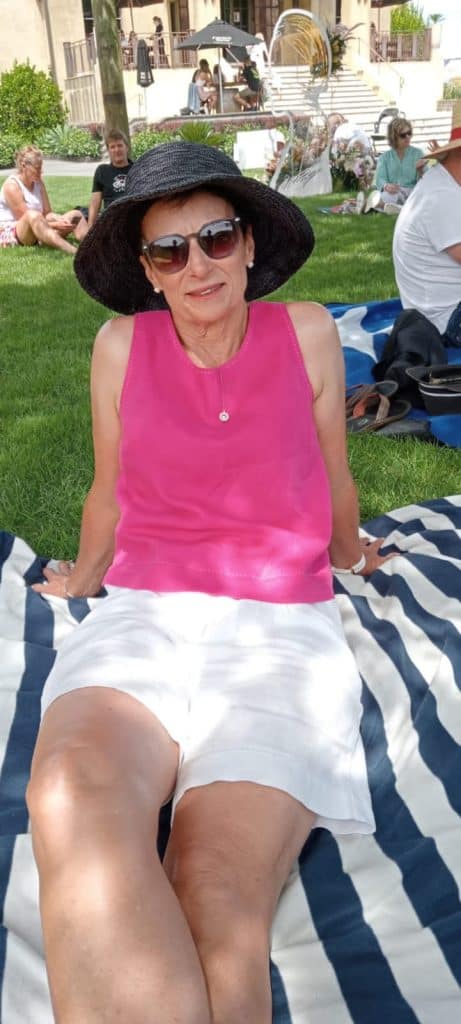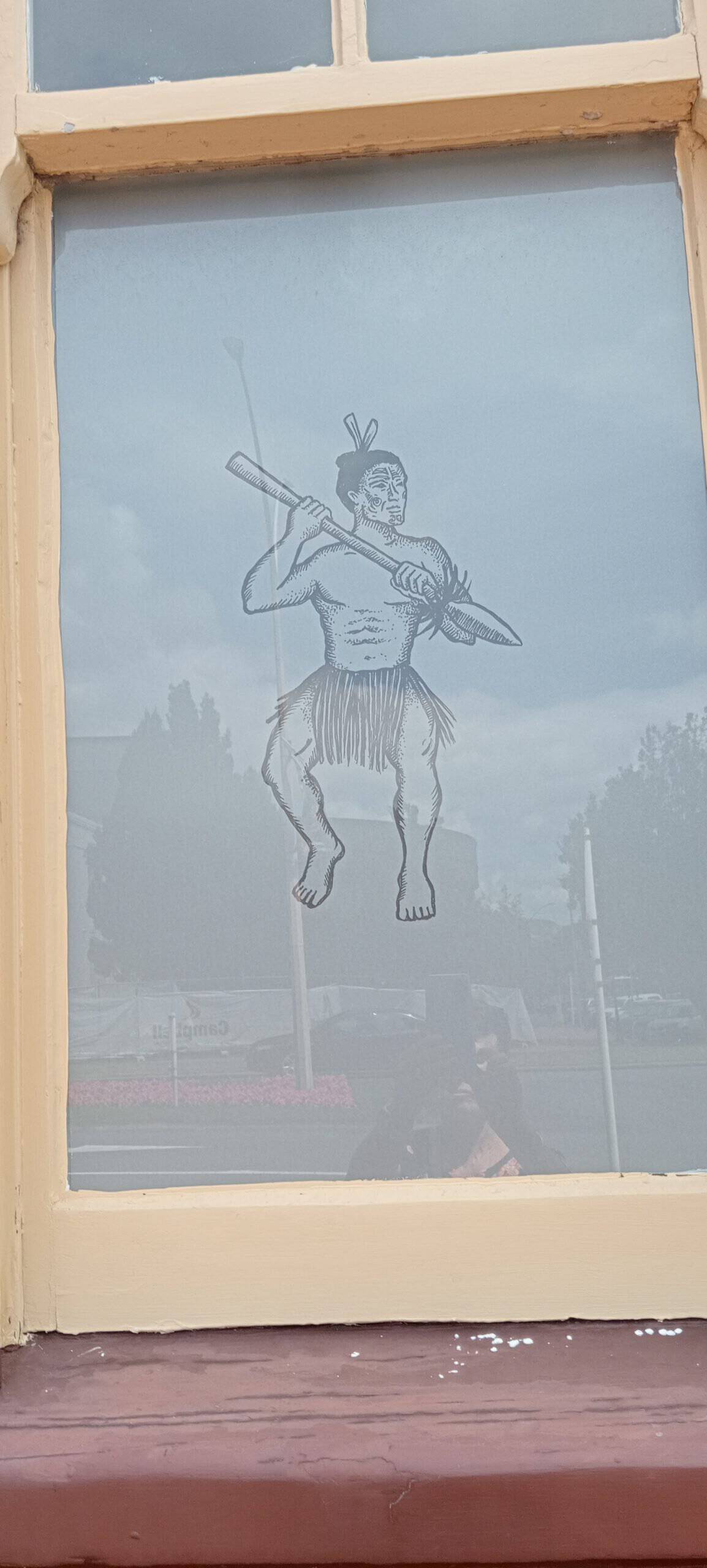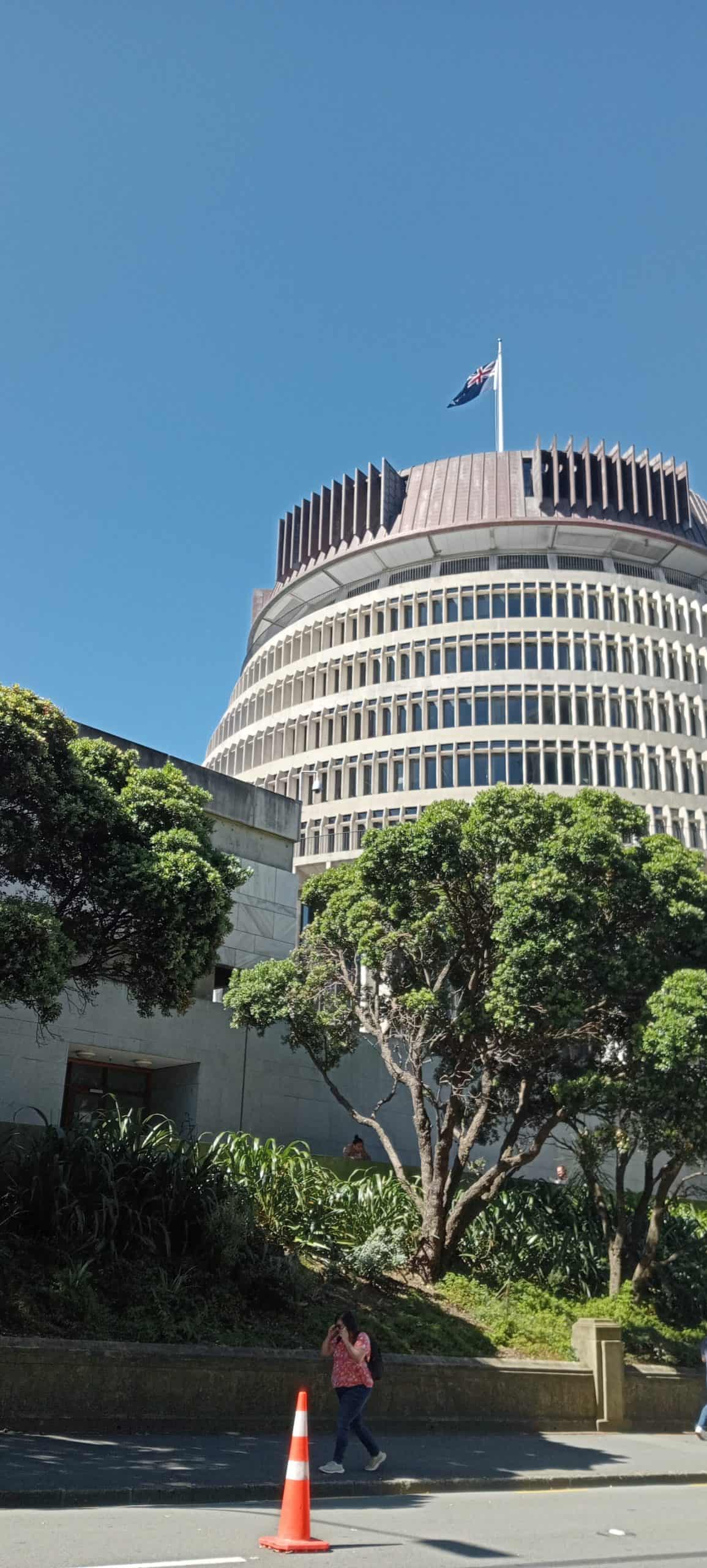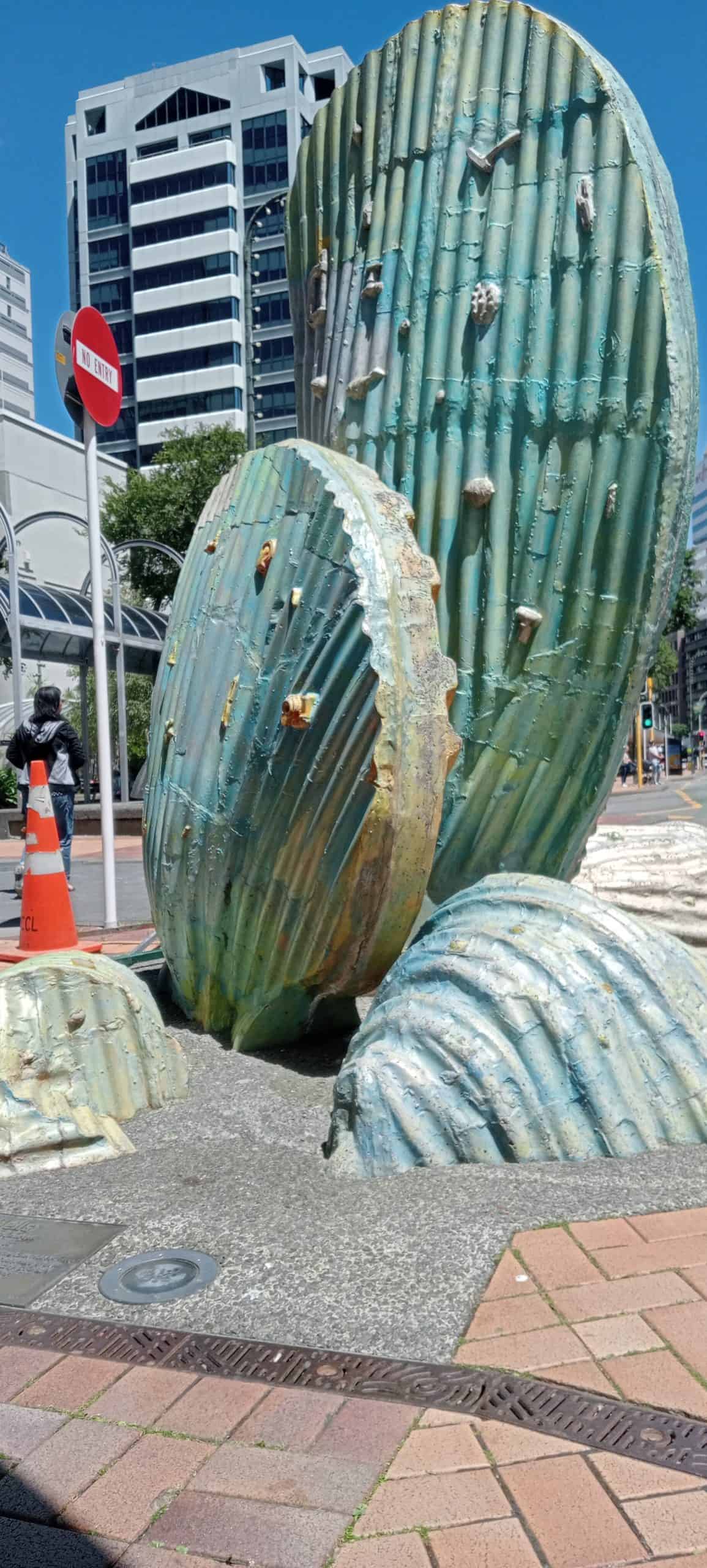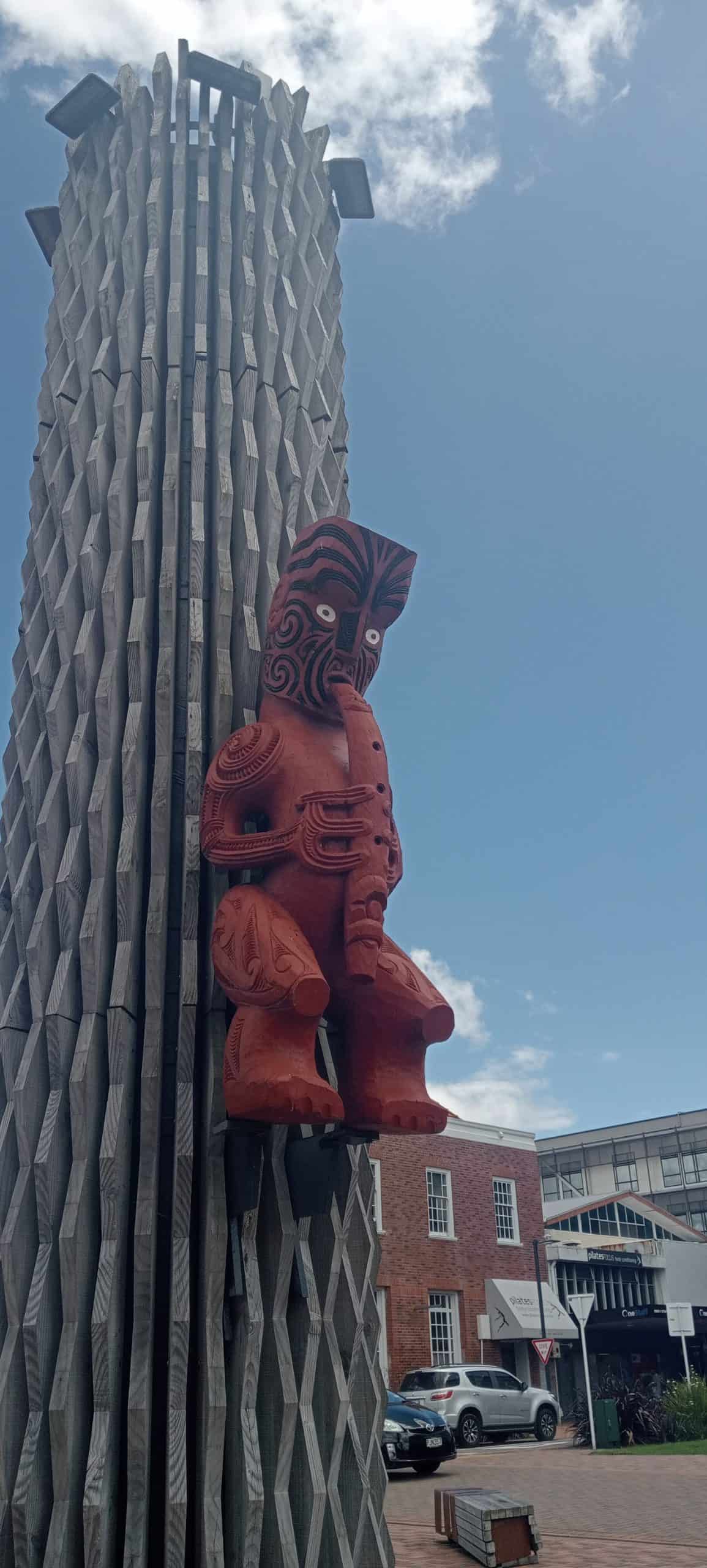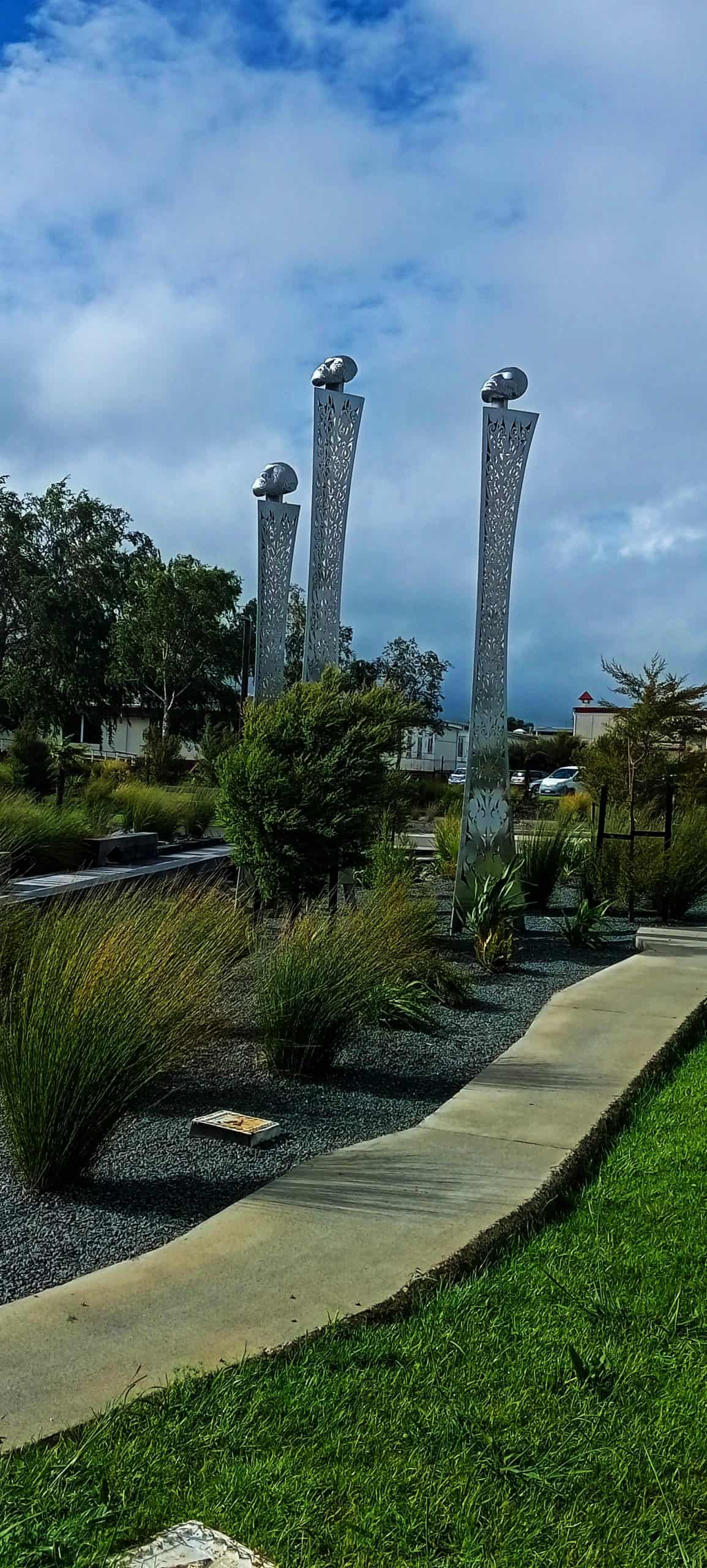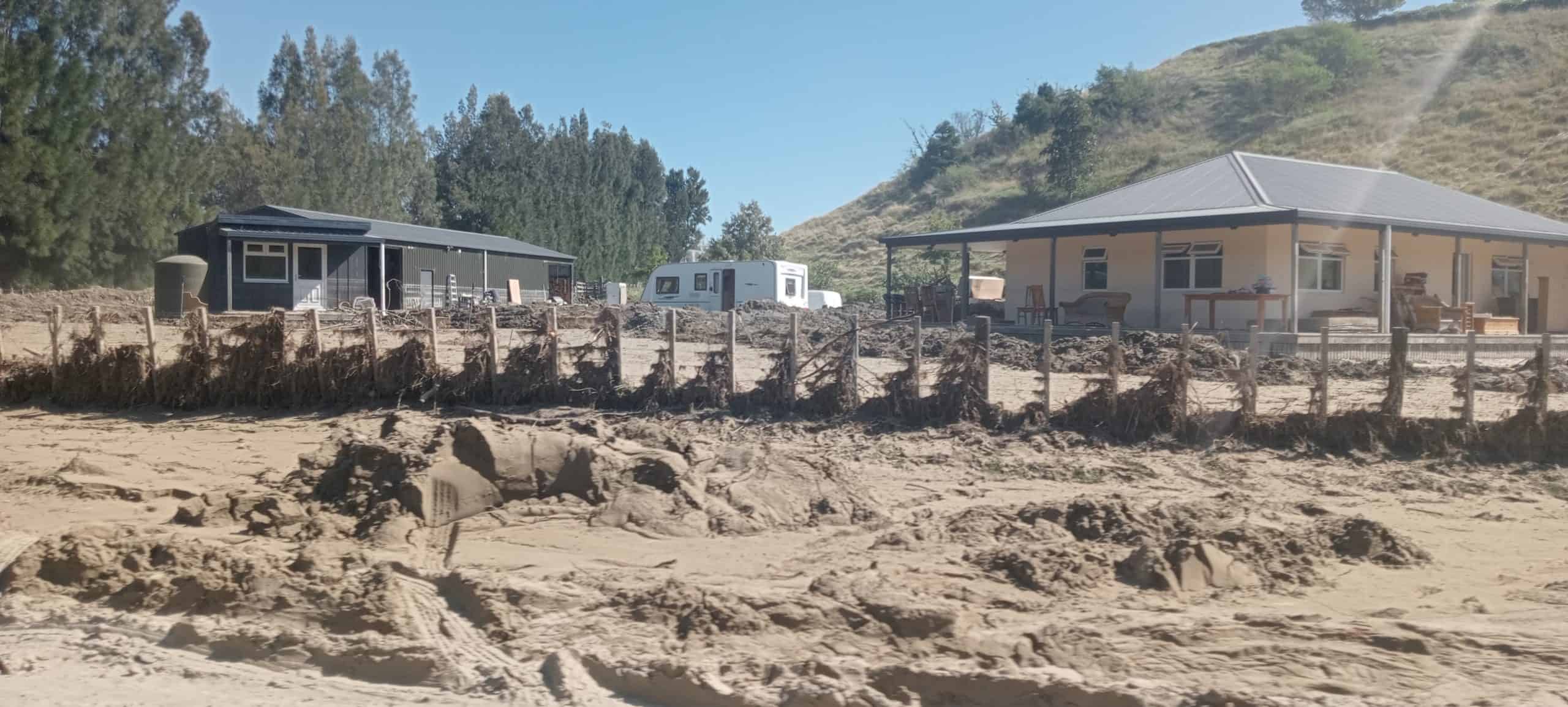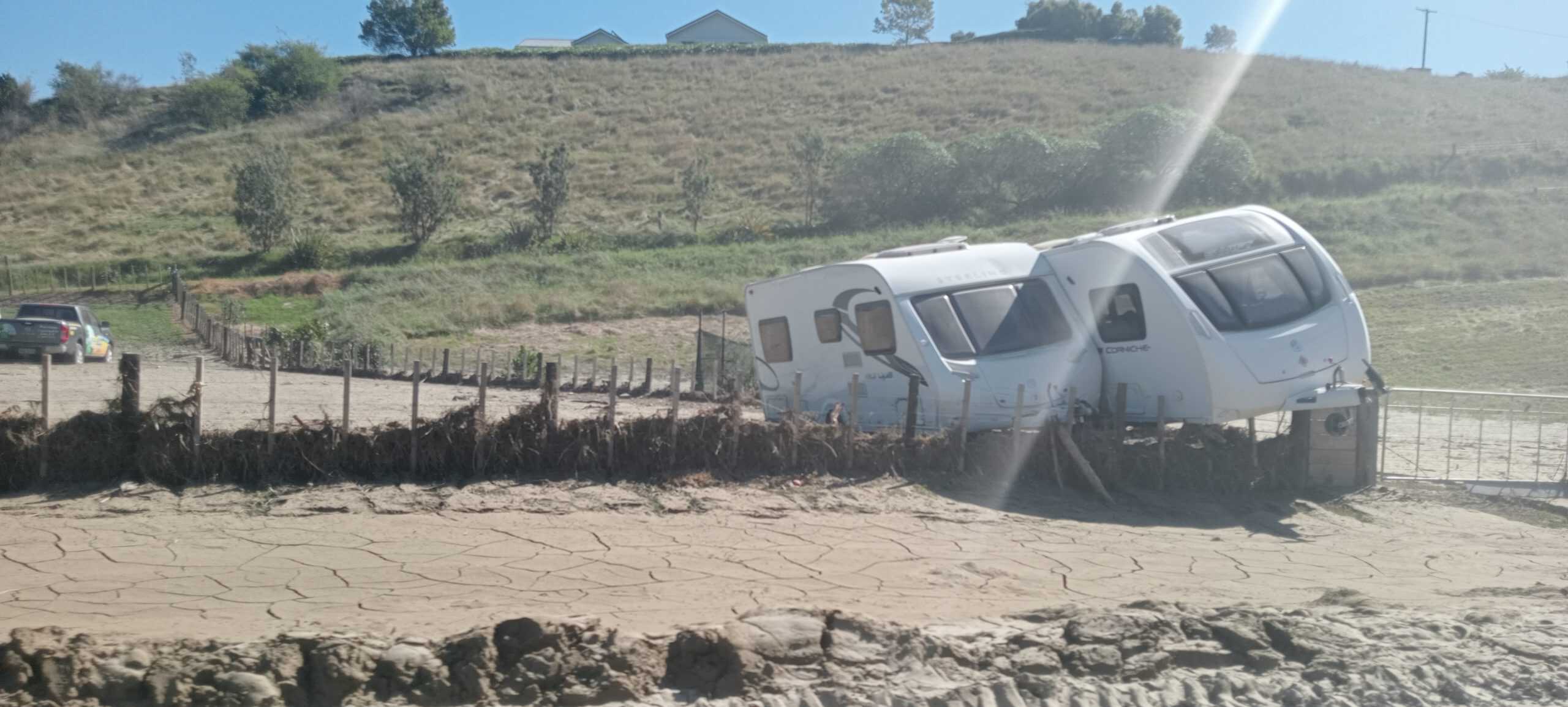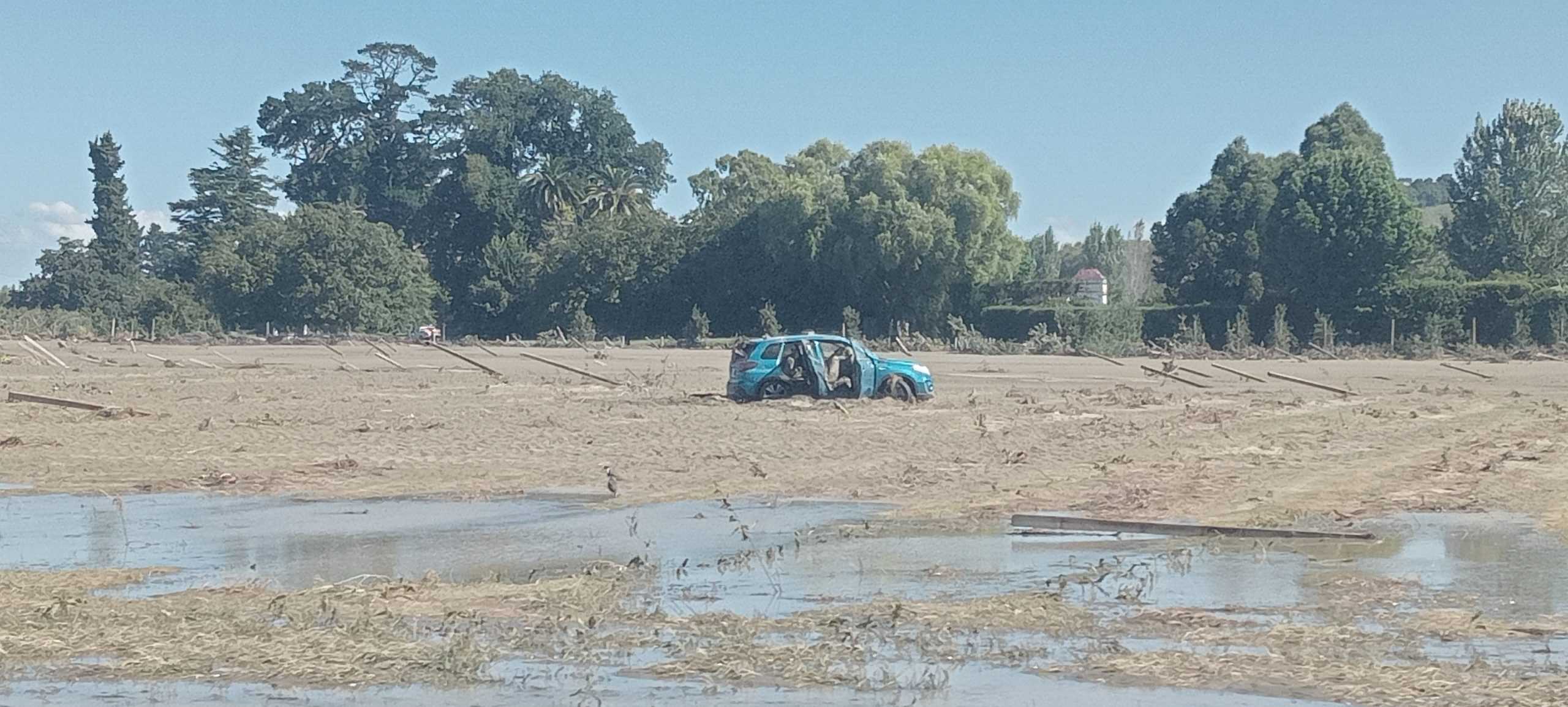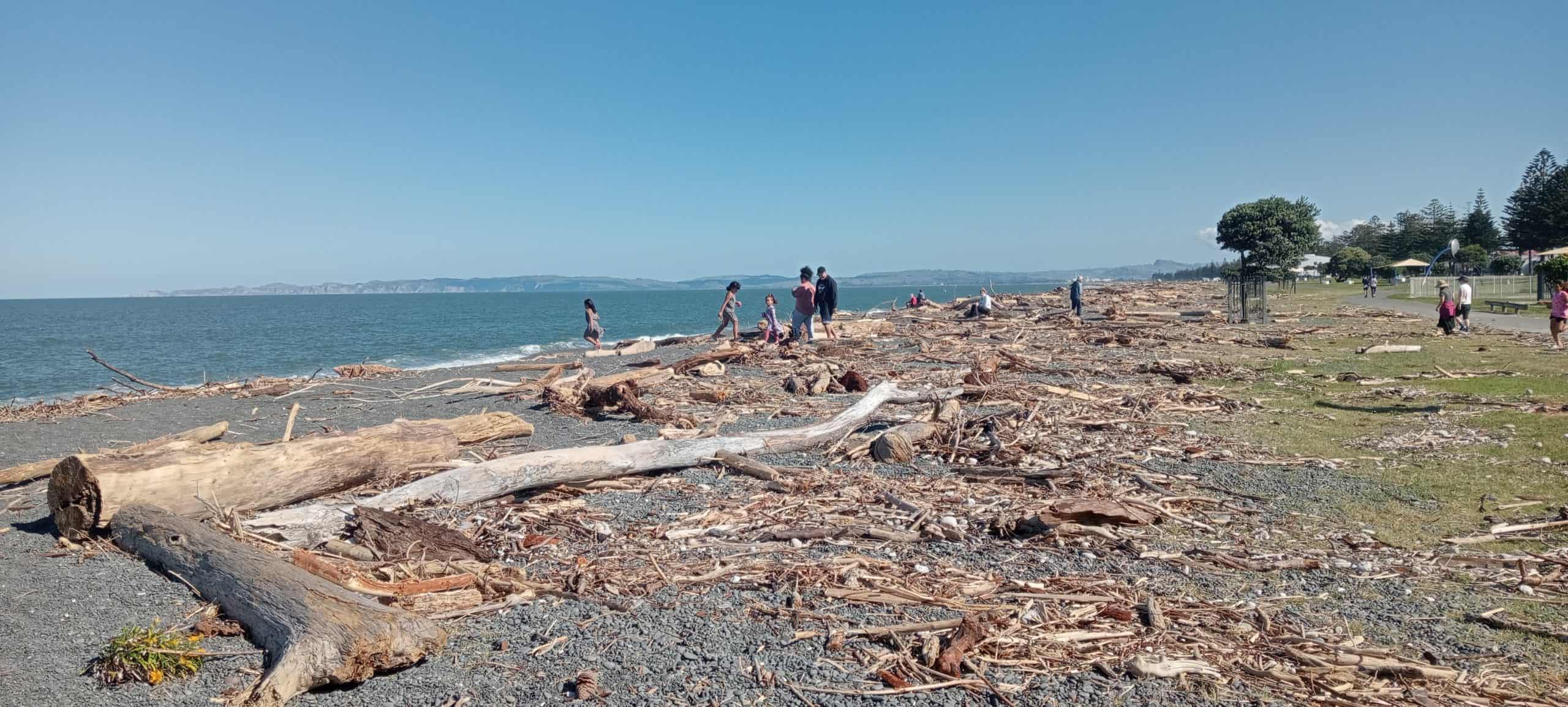By Annalize Dedekind
As a grandmother, mother and mother-in-law, Annalize Dedekind’s heart is drawn to the land of the long white cloud. She tells us more about her recent visit to her children and grandchildren in New Zealand. She talks about the things that enchanted and impressed her but also about the traumatic experience when cyclone Gabrielle hit the country.
I’m standing in line at the airport on the Napier runway in New Zealand, ready to board after two months with my children. The tears flow from my eyes like a river. The man before me turns around, probably to see who is crying so much.
I never stopped crying on the four flights back to South Africa, nor for another week after I got home.
I believe thousands of South African parents know the feeling all too well. You want to rebel against it but don’t because you see and experience the “better” life that your children and grandchildren have there.
I was reminded of many values we have almost forgotten in South Africa. One that stands out to me is mindfulness. For example, the speed limit in built-up areas is 50 km/h, in unbuilt areas 100 km/h and on highways 110 km/h. You rarely see someone breaking the speed limit because the traffic police are everywhere. Penalty points are awarded for multiple traffic offences, which means your driving license can be suspended for some time.
Motorists are extremely considerate of cyclists and pedestrians when they want to cross a street. All the sidewalks are tarred, and every main road has a wide lane for cyclists. Scooters also use the tarred pedestrian pavements with the proviso that pedestrians get priority. This “means of transport” is very popular among children and adults. I felt like a child again while kicking with my grandsons and sharing in their fun.
I explored the area when the children were in school and their parents were working. As a runner, it was wonderful to jog up and down hills on a neat path in nature without fear, even in more remote places.
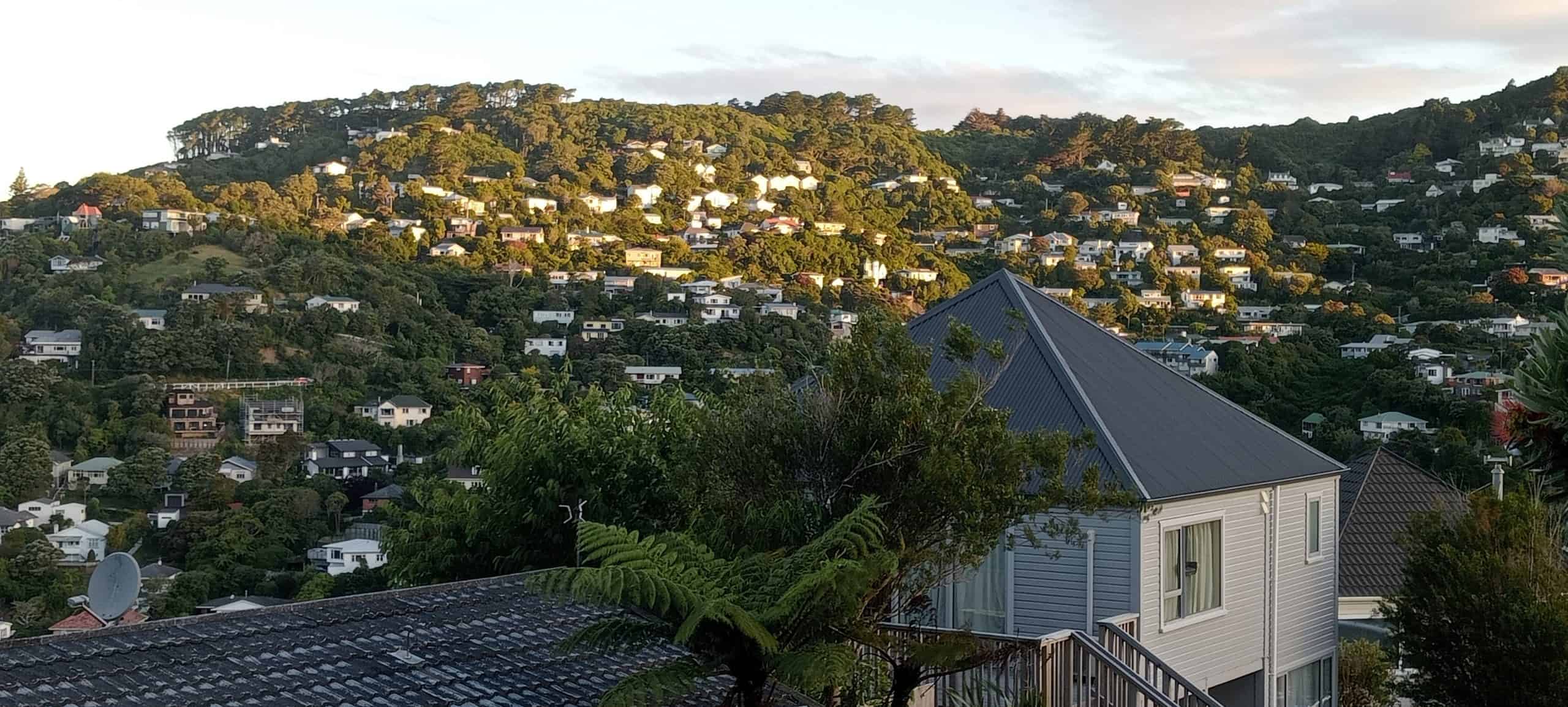
Initially, the boys went with me on their scooters to show me a route where I could jog. Later, I got along on my own. Or so I thought. One day, I ran the usual route, but I took a wrong turn for some reason. After about 2 km, I realised I was lost. I tried to backtrack, but alas … Luckily, I was close to the business area, where I then saw a police kiosk on the sidewalk. If you are attacked, robbed, or encounter something else, such as getting lost, you press a button at the kiosk to speak to a police officer.
The voice asked who I was and what my problem was. I explained that I was from South Africa and got lost while jogging. Fortunately, I remembered my children’s address, and she promised a police officer would come and help me within 10 minutes. And so it happened. During the 10 minutes in the car, I could tell him something about my homeland, in which he was quite interested.
When I got home, my daughter-in-law said she was about to go and look for me because I had been gone for so long. Of course, she had a good laugh when I informed her that the police did just that.
If something like that happened to me in South Africa, the police would be the last I would contact.
What is striking about New Zealand is how accessible and user-friendly their cultural treasures such as museums are. All museums and aquariums are free, and they go to great lengths to get children involved in various ways, whether with talks, colouring pictures or games in specially designed venues.
Our beautiful beaches are the one thing in South Africa that is far better than in New Zealand. There, the sand is grey to black and rocky.
Wellington and Rotorua are my two favourites among all the places we have been. Rotorua’s cultural treasures enchant me. It is a beautiful place where the Maori art and building style can be seen everywhere. One of the great attractions is a giant park where steam and mud, considered very healthy, bubble up from the earth.
I was fascinated by Wellington, which is the capital. It is a mountainous city where you rarely see a house on level ground. If you stay here, you walk uphill or downhill. As far as the eye can see, there are houses between the green trees on the hills. The interesting buildings in the city centre are a tourist attraction in their own right. There is also a botanical garden where children can have fun.
The worst event during my Kiwi visit was, of course, Cyclone Gabrielle. I have never experienced such a strong wind or seen such indescribable damage. It was particularly bad in Hawke’s Bay, where Napier is located. I could only stare in disbelief at the giant apple orchards, vineyards, cornfields, houses, vehicles, and so on – you name it – engulfed in mud. I don’t think I’ll ever forget that image of devastation.
The day I left, when I cried so much, I happened to be sitting next to a man from Auckland, Steve Devine, from Fenz Fire and Emergency in New Zealand. He came to Hawke’s Bay to do rescue work and talked non-stop about his experiences during the flight. He showed me pictures of the devastation – how they rescued people who had to flee their homes at night from rooftops and dug out farm animals from the mud with their hands. When I asked if he was traumatised, he did not hesitate to tell me that he and his colleagues would get trauma counselling in his home city.
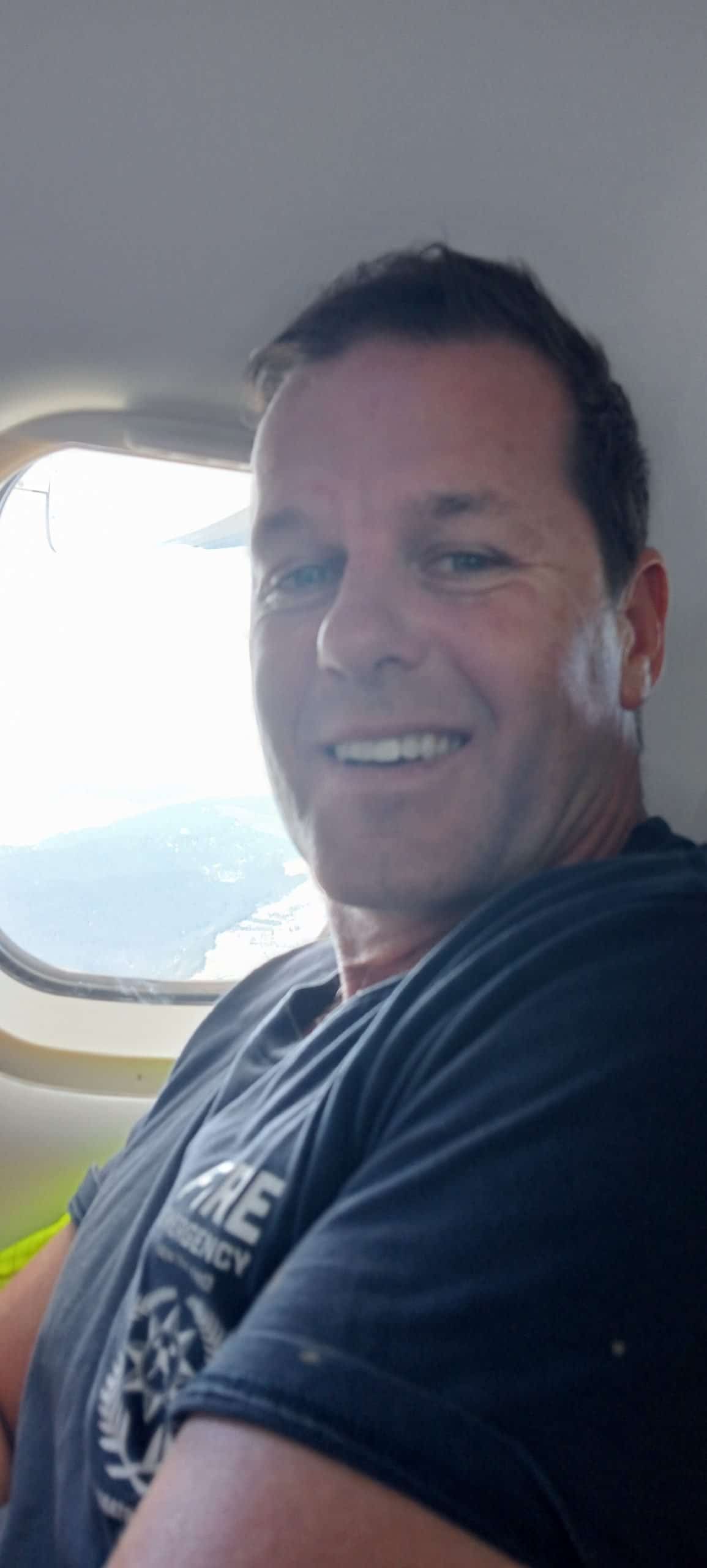 Steve Devine from Fens Fire and Emergency in New Zealand, who sat next to me on the flight to Auckland on my return to South Africa
Steve Devine from Fens Fire and Emergency in New Zealand, who sat next to me on the flight to Auckland on my return to South Africa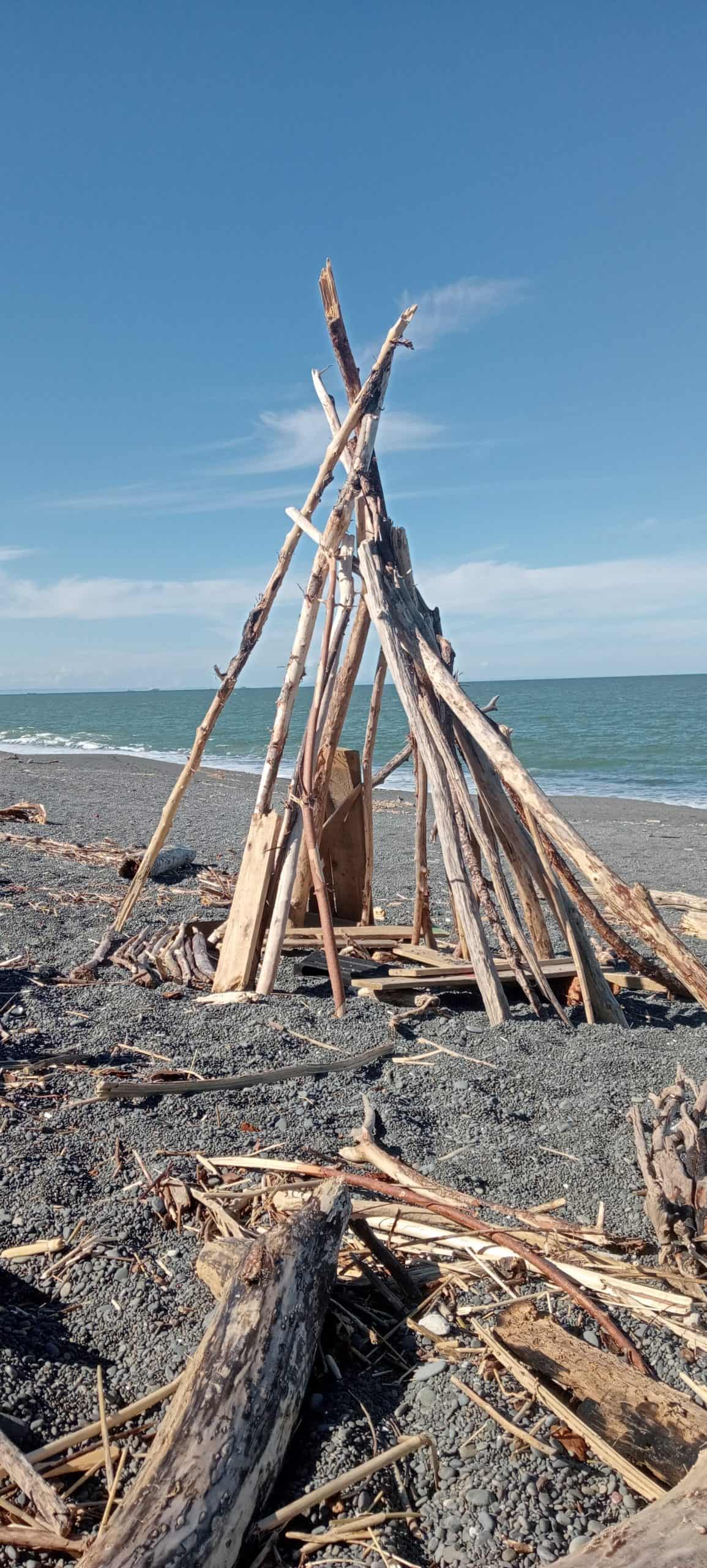 Residents of Napier tried to make the beach more “homely” after Cyclone Gabrielle.
Residents of Napier tried to make the beach more “homely” after Cyclone Gabrielle.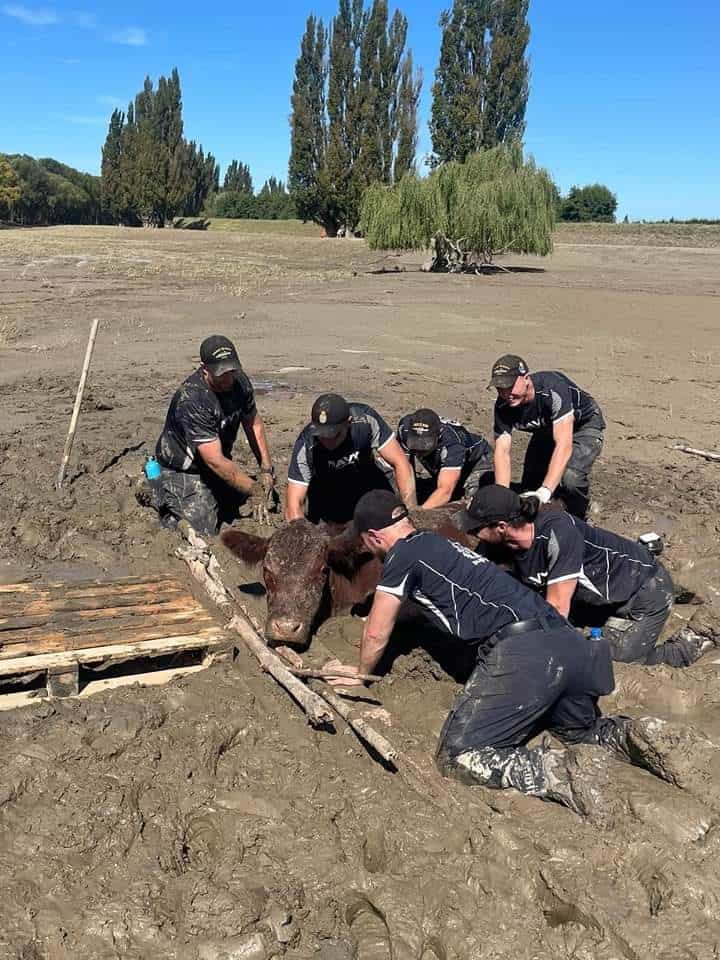 Rescue workers scramble after cyclone Gabrielle to rescue a cow from the mud
Rescue workers scramble after cyclone Gabrielle to rescue a cow from the mud
The morning after that devastating wind, we were ordered by cell phone to move to higher ground. We simply threw the essentials into bags and went unannounced to my children’s friends. Only when I saw the details on TV did I realise the actual extent of the cyclone. But I also saw how a government that cares for its people makes available means to create order, comfort and security. Residents were constantly kept informed of events in various ways. Those who had to evacuate their homes were housed in halls and other available places until it was safe to return home.
In Napier, the power was off for a week or more because the power station was under water. And I thought by myself that we don’t need a cyclone to be without power.
The government compensated business people who could not work during that time within days according to the financial loss they suffered.
If I had to summarise my time in Kiwiland, I would say it is a fantastic place to raise your children. My children live in a crescent with probably ten boys and two girls. At 21:00 in the evening, they must be called to come home – like in my childhood. And I realised: My children will never return to South Africa because what for?
Share on
Latest articles




